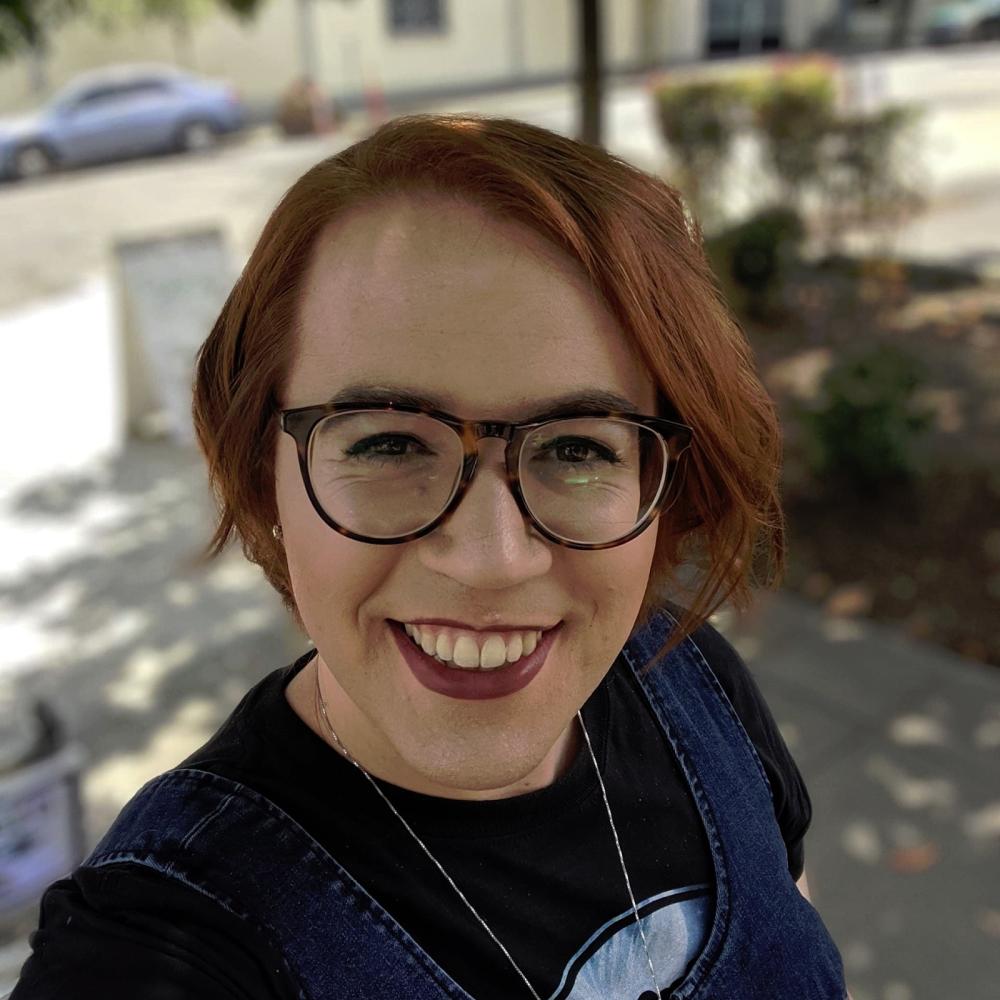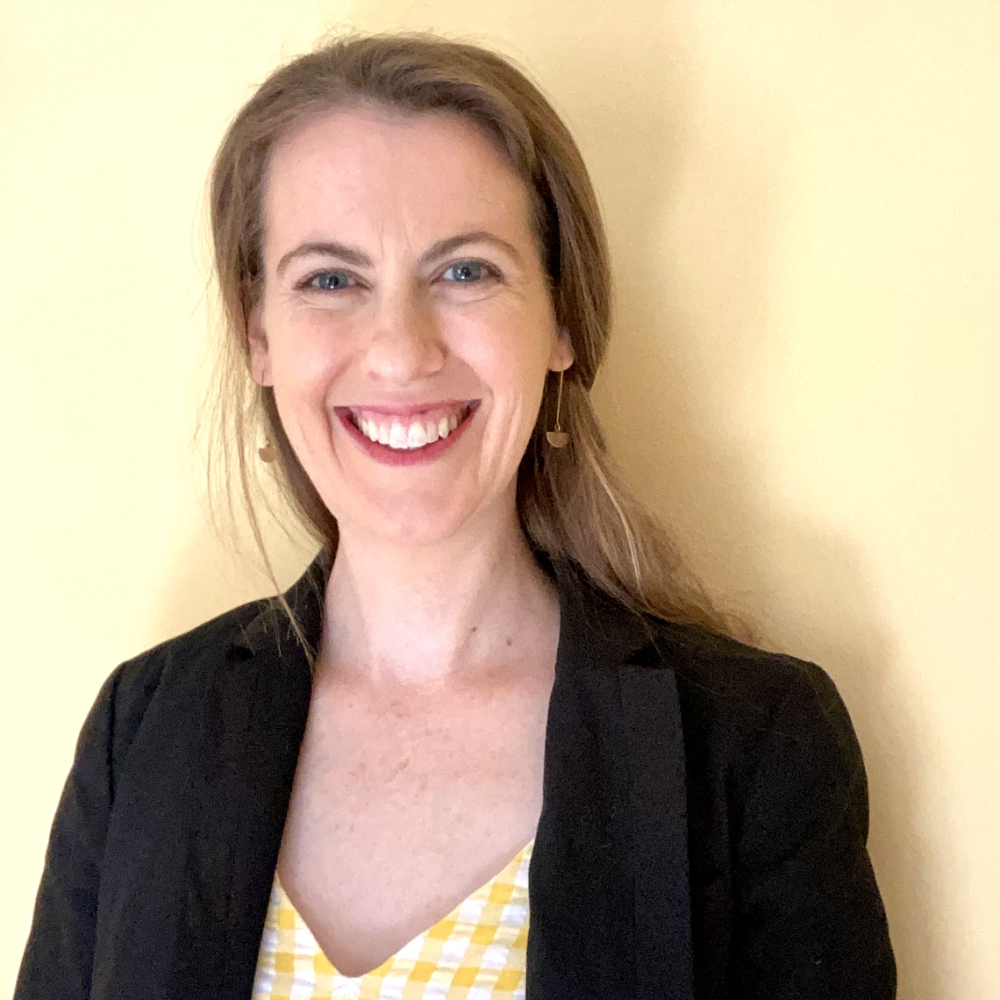Funded by the National Science Foundation (NSF)
People encounter all kinds of objectionable content online -- misinformation, hate speech, conspiracies, bullying -- things they wish another person wouldn’t say or repeat. They are thus inclined to “object.” But what is the effective way to do so, particularly with so many others watching? What kinds of objections, or other behaviors, have the desired effect of reducing this kind of speech. Our project involves addressing this problem from multiple angles: from observation of the real world to experimental tests in a simulated social media environment, to agent-based modeling, to real-world interventions.

Observing and Comparing Objections
Which kinds of objections are present online, and which are the most frequent? For example, do people tend to object by making threats, using logic, asking the person to leave the conversation? Are there differences across different kinds of objectionable speech, or across different social media platforms? Using large scale observations of objections on different platforms, we seek to typologize the diversity of objections, reveal their underlying general strategies, and then compare use and effectiveness across platforms.

The Impact of Objections
Do people respond differently to different kinds of objections? What kinds of emotions do they trigger? What kinds of behaviors do they prompt? This team explores the way that objections impact audiences through experiments run on the Truman architecture.

Time to Politicization
Some conversations are overtly political, but many that are ostensibly about other topics have politics lurking beneath the surface, often leading to unexpected conflict. In this project we ask when and how politics are overtly injected into conversations, and how this relates to escalation, or possibly, reconciliation, of disagreements.
-
Drew Margolin
Associate Professor
Department of Communication

-
Natalie Bazarova
Associate Professor
Department of Communication

-
Vanessa Bohns
Associate Professor
Department of Organizational Behavior & Psychology

-
Dominic DiFranzo
Post-Doctoral Associate
Department of Communication

-
Rene Kizilcec
Assistant Professor
Department of Information Science

-
Sangah Bae
P.h.D Student
Department of Organizational Behavior

-
Breanna Green
P.h.D Student
Department Information Science

-
Winice Hui
Applications Programmer
Department of Communication

-
Aspen Russell
P.h.D Student
Department of Information Science

-
Ashley Shea
P.h.D Student
Department of Communication

-
Chau Tong
Post-Doctoral Associate
Department Communication

-
Chao Yu
Visiting Lecturer
Department of Communication

-
Pengfei Zhao
P.h.D Student
Department of Communication


